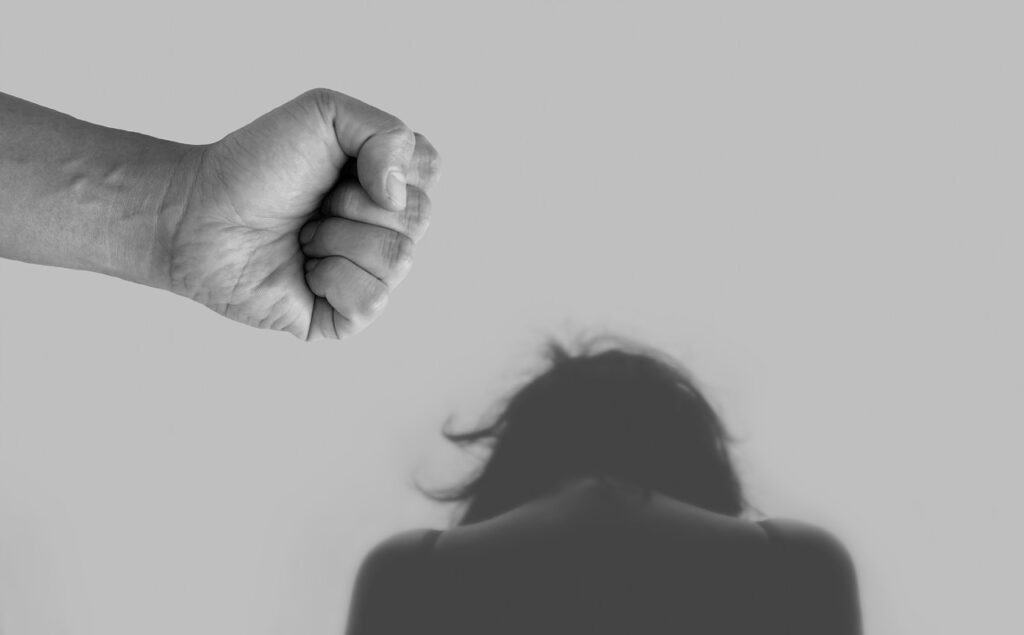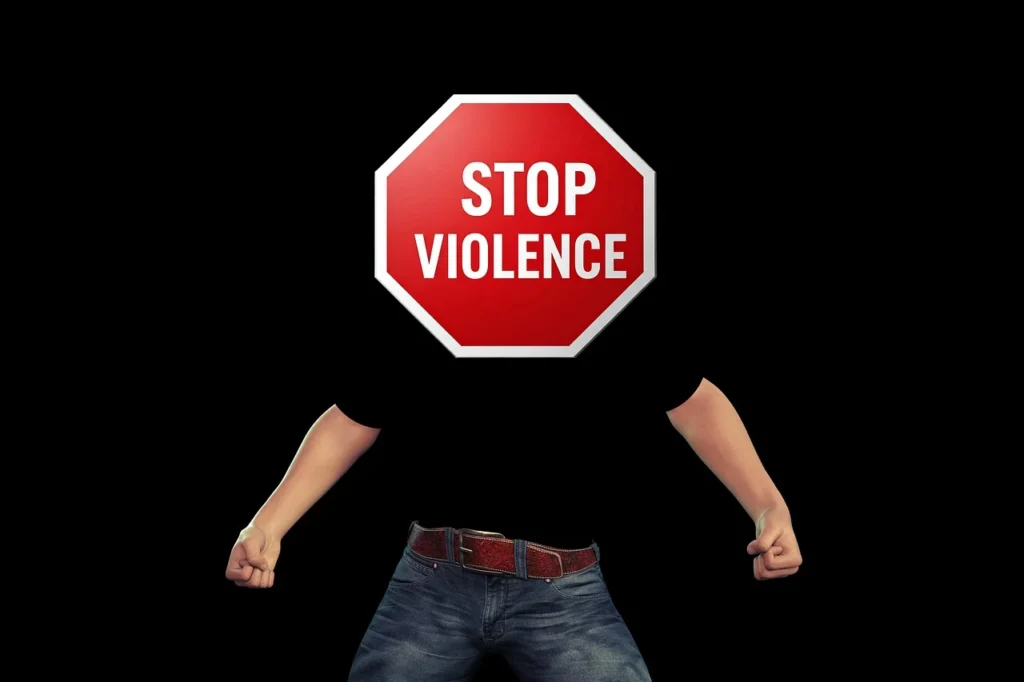Domestic Violence

Domestic violence, when viewed as a tort, often involves intentional acts such as battery or assault. Battery refers to the intentional and harmful physical contact with another person without their consent, while assault involves the threat of such harmful contact, creating fear in the victim. These actions are not only criminal offenses but also civil wrongs, allowing the victim to seek compensation through a tort claim.
Examples of Acts That Fall Under Domestic Violence as a Tort
- Physical Abuse: Hitting, slapping, or any form of physical harm inflicted on a spouse.
- Threats of Violence: Raising a hand or brandishing a weapon to instill fear of imminent harm.
- Confinement: Locking a spouse in a room or restricting their movement against their will.
- Use of Objects: Throwing objects at a spouse with the intent to harm.
Real Case Example
In the case of Giovine v. Giovine, a New Jersey court recognized a tort claim for domestic violence. The plaintiff, a wife, filed a lawsuit against her husband for years of physical and emotional abuse. The court acknowledged the concept of “battered spouse syndrome” and allowed her to seek damages for the harm she endured.
I cited this case to let readers understand that this is real and can indeed be prosecuted.
Possible Judgment
In cases like this, courts may award:
- Compensatory Damages: To cover medical expenses, therapy costs, and lost wages.
- Punitive Damages: To punish the abuser and deter similar behavior in the future.
- Injunctions: To prevent the abuser from contacting the victim.

Take Home for:
Potential victims of DVA
- Recognize the signs of abuse and seek help immediately. Contact local authorities or support organizations.
- Document incidents of abuse (e.g., photos, medical reports, or witness statements) as evidence for legal action if you may want to take it up.
Potential Perpetrators of DVA
- Understand that any form of abuse such as physical, emotional, or psychological can have severe legal consequences.
- Seek counseling or anger management support to address harmful behaviors.
For Everyone: No one deserves to be abused. We can all come together and make our marriages and homes a safe place.
- Promote open communication and mutual respect in relationships.
- Educate yourself and others about the legal and emotional consequences of domestic violence.
These laws are not universal. They apply to the jurisdictions that use them. What you can do is to test them in your area to see if they apply. Consult a lawyer.
In Ghana, contact DOVVSU on 0551000900 or the nearest Police Station.







